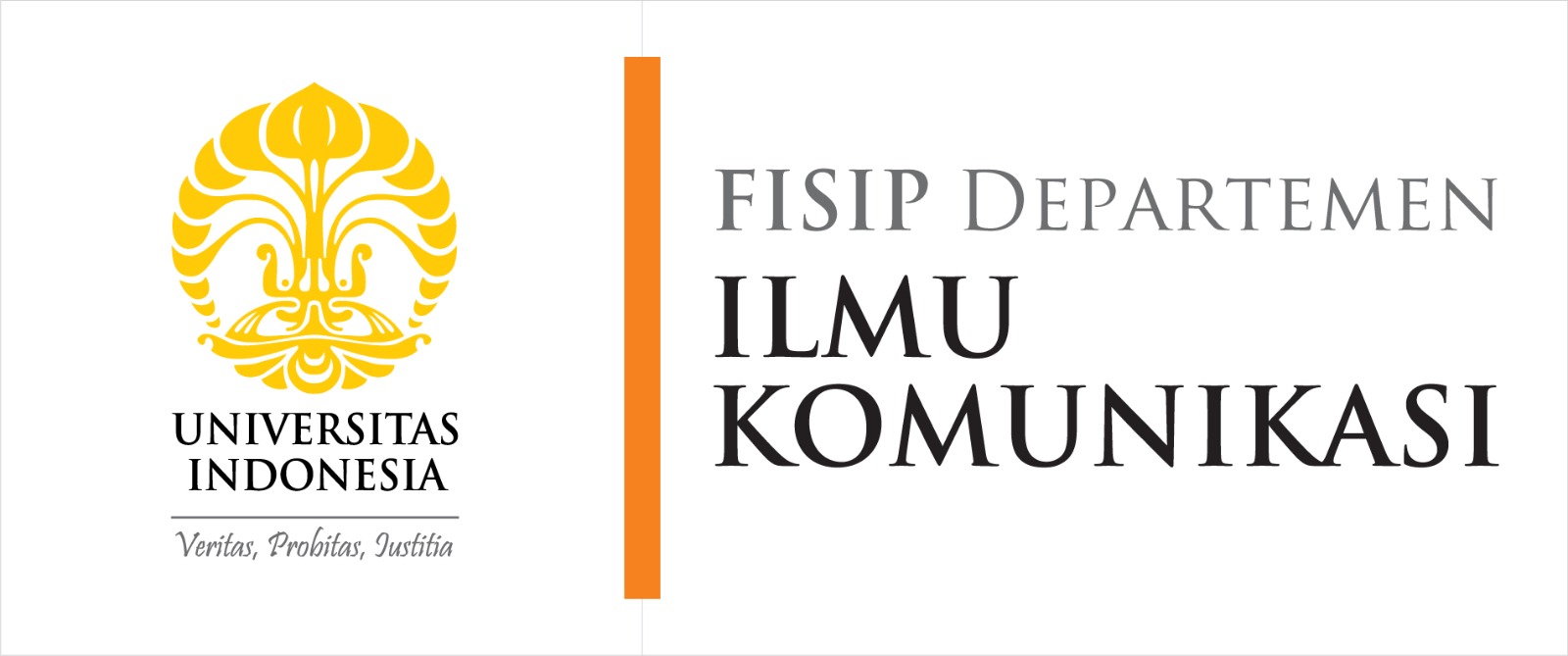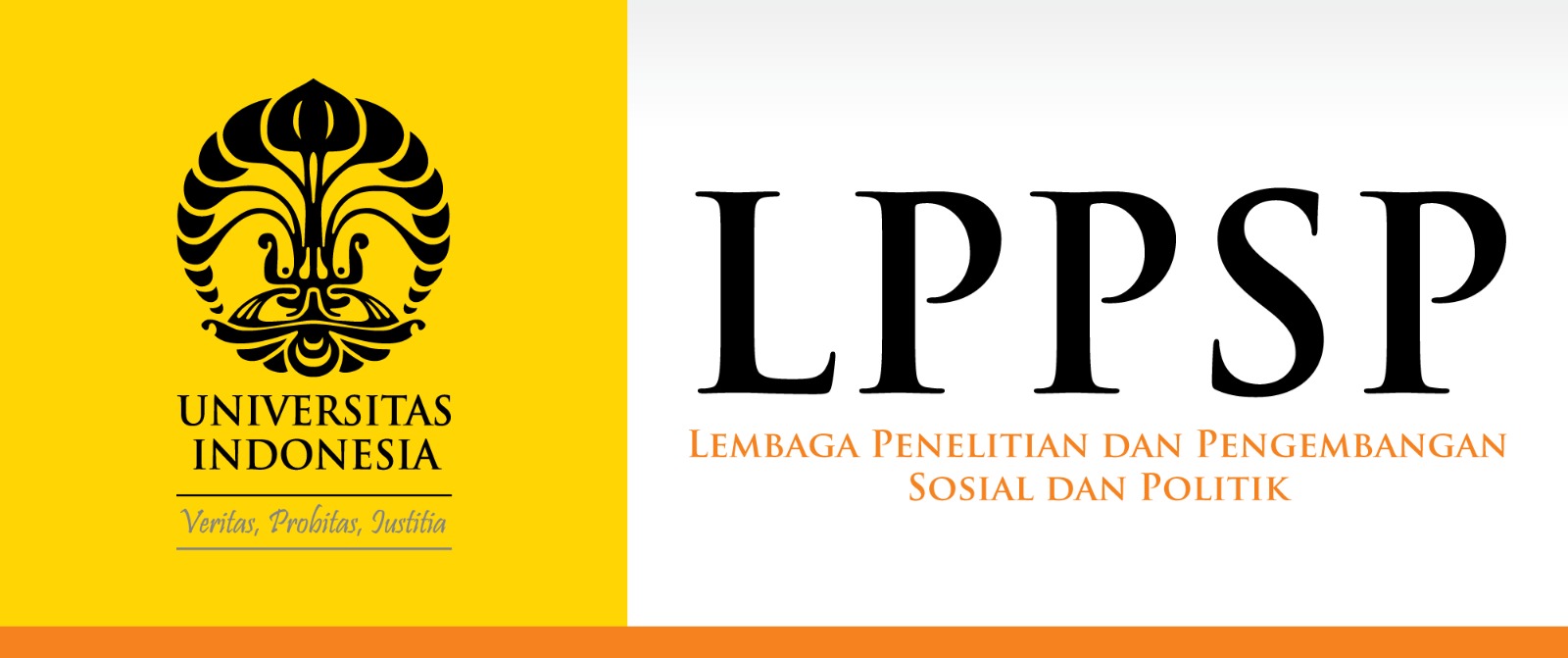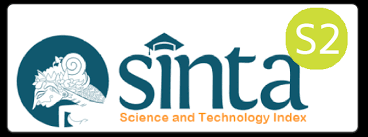JURNAL KOMUNIKASI INDONESIA
Journal History
2011-2014 period
JKI was established in 2011. The editorial board was formed by the Department of Communication. During 2011-2014 JKI did not change the journal's tittle. JKI experienced only changes in editorial board in 2012. All changes to the editorial board were recorded in JKI, both in the printed publications and in PDF format (online). JKI’s financial fund was from Communication Research Center’s budget (2012-2013). The JKI publications and editorial process during that period underwent quality control by the Vice Head of Department, Dr. Awang Ruswandi, who was also an editor of JKI. JKI published manuscript in English from 2011-2014. During the period 2011-2014, manuscripts were obtained through talent scouting at conferences and the translation of manuscripts from international journals (whose copyrights were released to JKI). From 2011-2014 JKI proceed all articles using double blind review system. JKI shifted the business form, from printed publication in 2011 to online version using JKI’s hosting in 2012 as there was no hosting centrality policy from Universitas Indonesia around that year. In 2013, the editor-in-chief recommended moving JKI management to UI hosting, OJK – ui.ac.id. All offline documents were handed over from Puskakom to the department. During the first administration of editor-in-chief Dr. Inaya Rakhmani, there was no national ranking system implemented by Universitas Indonesia and DIKTI.
2017-2019 period
Dr. Eriyanto served as the managing editor from 2017 to 2019. He replaced Dr. Inaya Rakhmani, chairing JKI as the chief editor. However, formally, Dr. Eriyanto was working at JKI as managing editor since issue 4 (1) in 2015. By then, JKI had not been published manuscripts for 2 years. The last edition under Dr. Inaya as the editor in chief was Issue 3 (2) in 2014. In preparation for accreditation, JKI made efforts to publish the 4 back-dated editions (from 2015 to 2016). This decision was necessary because the national accreditation for academic journal require a journal to submit at least 4 consecutive editions without gaps. Since the 2017 edition, we have adhered to the regular publishing schedule.
The editorial board underwent changes starting from issue 4 (1), in 2015. For accreditation purposes and to expand JKI's network, editorial board members come from the A list national university such as Universitas Gajah Mada, Universitas Airlangga, Universitas Padjajaran, and Universitas Diponegoro. JKI also started to involve the international partners from University of Queensland.
During 2017-2019 period JKI has fully employed OJS sytem to run the business, managed by the university under the DSTI department. Regardless the slow reponded system, JKI had managed to run the double blind review using the OJS. The JKI’s hosting is based on ui.ac.id. Previously, from issue 4 (1) in 2015 until issue 7 (2) in 2018, JKI accepted and published articles in both Indonesian and English. However, starting from issue 8 (1) in 2019, it changed the regulation by publishing manuscript only in English. This change was based on two considerations. First, after JKI received accreditation with a Sinta 2 ranking, it has focused on the journal internationalisation as JKI also received financial support (a grand) from the Faculty of Social and Political Sciences (FISIP) and the University of Indonesia (UI). Second, the Department and FISIP aimed to elevate JKI's accreditation status to that of a reputable international journal. In 2018, for the very first time JKI is granted a rank of 2 in 2018 (Decree from the Ministry of Research, Technology, and Higher Education Number 21/E/KPT/2018). Prior to that, JKI has not undergone accreditation.
2019-2021 period
Dr. Reny Yuliati was the editor in chief from 2019-2021 at the JKI. She continued Dr. Eriyanto’s role in managing JKI. In this period, JKI changed the editorial board as a respond to the Department of Communication’s annual meeting. During this period, there was no change in the language for publishing articles. The journal remains publishing completely in English. In the same regard, the journal also still employed the same policy in accepting manuscript. Manuscripts are received from various channels, either via OJS, email, or conferences.
However, JKI has experienced a change in publication frequency, namely 3 times a year since 2018-2020, then changed to 2 times a year since 2021. This change in frequency had been discussed with the Department of Communication. There were many factors in this decision to change publication’s frequency. One of them is the policy of the Directorate General of Higher Education which does not allow journal publications to be more than two editions late, while OJS JKI experiences maintaining problems every now and then that made it difficult to access.
There are no changes to the review process: manuscript reviews are consistently carried out using double blind review. JKI has never experienced a change in ranking, namely still getting Sinta 2.
2022-2024 period
Endah Triastuti has been the JKI’s editor in chief from 2022. In this period, JKI faced a great deal of issues. OJS, where the JKI was hosted, was attacked and become idle and unaccessible. As follows during 2022, JKI’s publication process did not relied on the OJS system. During that time, JKI operated using gmail and google forms. The JKI remained using the blind review system by sending request and receiving agreement to review using email. The JKI could not publish manuscripts on the OJS’ site and instead the JKI only posted the images of issues’ cover for at least two volumes (issue 11 volume 1 and 2). In 2022 JKI started the process to move the host from ui.ac.id/jkmi to scholarshub.ui.ac.id/jkmi under Bepress. The JKI has finished moving the journal completely in 2023. In 2023 the JKI has started to operate under the new host, however the business process remains the same. The JKI uses the online system under scholarshub.ui.ac.id/jkmi to receive articles, to review articles and to publish articles.
In 2023 the JKI has also changed its editorial boards and reviewers. The JKI wishes to work with more broader academics by inviting editorial boards from other universities, both at national, regional and international areas. In the same regards, the JKI also invites more reviewer from other universities.
In 2023, the JKI started to innitiate the Publication Processing Charges. The JKI starts to apply the charges from the volume 13 and so forth.




